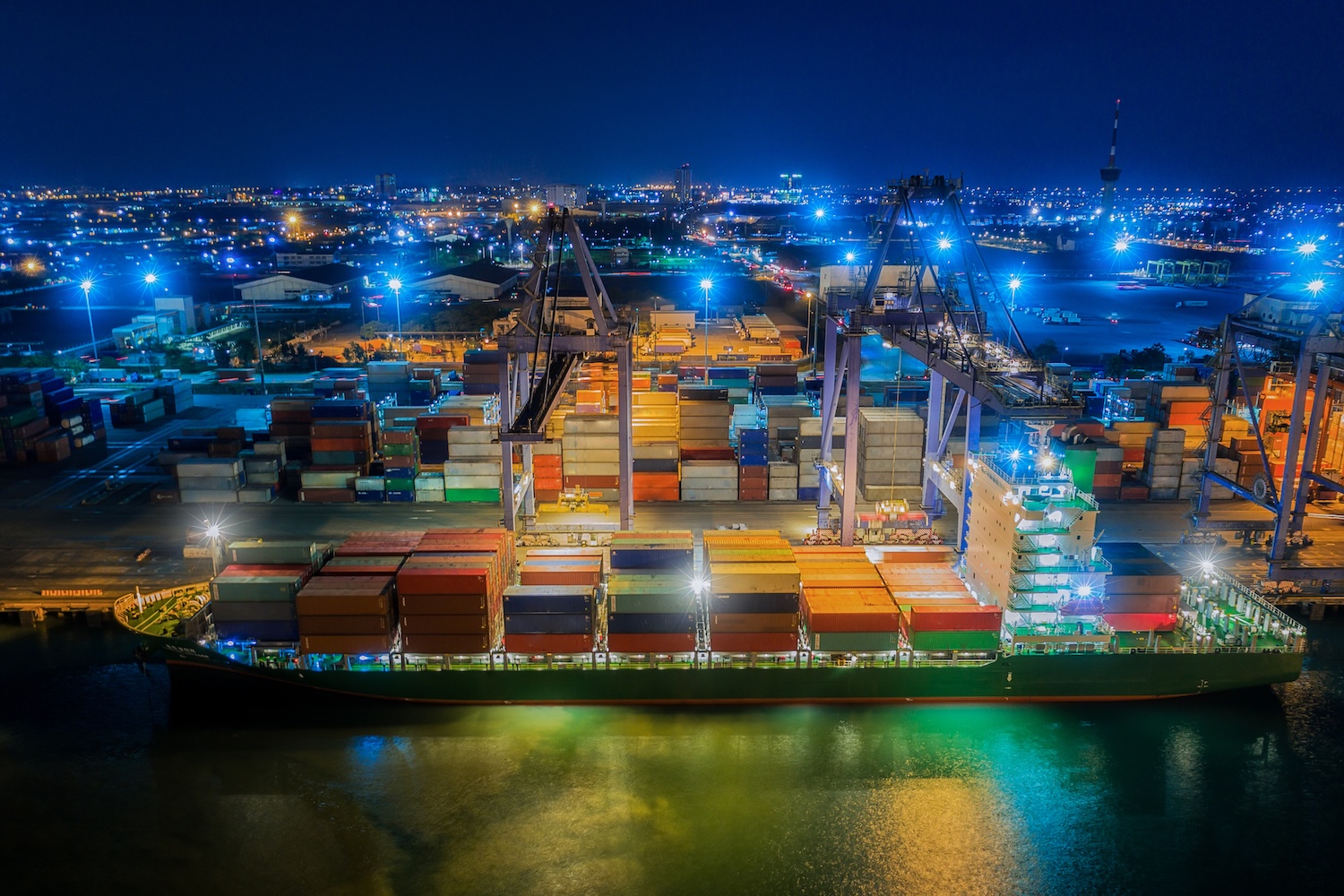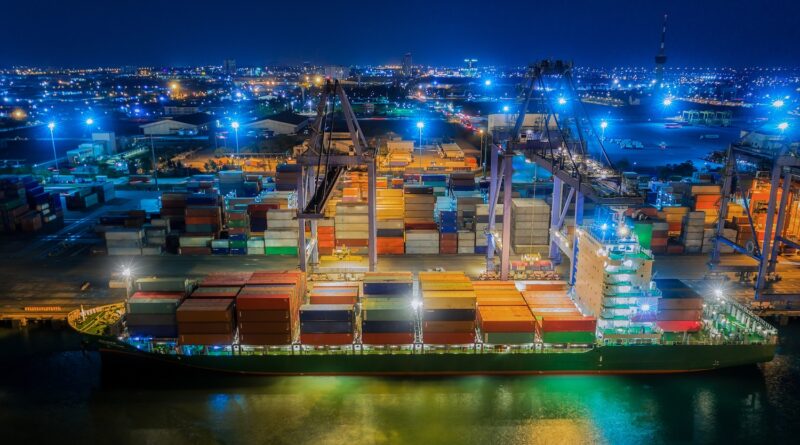Thailand to offer ‘no tariffs on 90% of US goods’
Adviser to trade negotiators believes final rate for Thai goods will be 18-20%

Thailand is ready to offer scrapping tariffs on 90% of US goods, up from 60% in an earlier proposal, in a bid to avert a punishing 36% levy threatened by President Donald Trump, according to a business group advising Thai negotiators.
The government’s third proposal would potentially eliminate tariffs and non-tariff barriers on about 10,000 US products, Chanintr Chalisarapong, vice-chairman of the Thai Chamber of Commerce, told Bloomberg News in an interview on Thursday.
He added that he expects the final tariff on Thailand will be set in a range of 18% to 20% — down from Trump’s most recent threatened level of 36%.
The new proposal, which was to be presented to Washington during a conference call scheduled for Thursday night, could reduce Thailand’s $45.6-billion trade surplus with the US by 70% within three years and lead to balanced trade within five years, according to Mr Chanintr.
The new figures are even more ambitious than Thailand’s July 6 offer to cut tariffs on over 60% of products and eliminate the trade gap in seven or eight years.
“I expect our proposal to be solid and practical. The numbers should be satisfactory to the US,” said Mr Chanintr, who has consulted with negotiators led by Finance Minister Pichai Chunhavajira over the past week to finalise details.
“What we’ll be offering is potentially more than Indonesia and Vietnam,” he said. “Since we’re a manufacturing country, we have potential to use a lot more US goods and process them into products that we can export.”
Thailand is one of the Southeast Asian countries racing to finalise terms with the US. Failure to secure a reduced tariff with its largest export market, which accounted for about 18% of Thailand’s total shipments last year, could result in a sharp decline in merchandise shipments and shave as much as one percentage point off its projected export-driven economic growth.
Trump has announced deals for 20% tariffs on Vietnamese goods and 19% for Indonesia, though transshipments through both countries would face higher levies.
Bangkok rushed to sweeten its proposal after Trump announced last week that the 36% tariff level on Thailand would start Aug 1. Mr Pichai, who had submitted a second proposal by then, said he was shocked and had been expecting a lower number.
Thailand’s new proposal may also include a tax exemption for US digital services that operate in Thailand or serve Thai customers, Mr Chanintr said.
As well, it may also pledge more imports of liquefied natural gas, Boeing planes, and key US food and agricultural products. The latter could include corn, soybeans and barley, which are important to Trump voters in rural states, he added.
Cheap US food and farm products are expected to help cut costs for the Thai pet food industry, which exports heavily to other countries. Lower costs for Thailand’s animal feed industry will also likely boost productivity for the domestic poultry, livestock, and food-processing industries down the value chain, Mr Chanintr said.
Mr Pichai, who has said he was pushing for a best-case rate of 10%, is expected to hold more talks with US Trade Representative Jamieson Greer. In their meeting in Washington earlier this month, Mr Pichai agreed to cut import taxes for US products that are in short supply in Thailand and tighten rules to prevent transshipments.
“We’d like for talks to conclude soon so that trade can continue. There’s been too much uncertainty,” Mr Chanintr said, adding he is confident Thailand can secure a deal before Aug 1. “We’re so close to the finish line.”
Thai growth is already under pressure from Southeast Asia’s highest household debt and sluggish domestic consumption. A favourable deal would also ease investor concerns stoked by political turmoil following the court-ordered suspension of Prime Minister Paetongtarn Shinawatra over alleged ethical misconduct in handling a border dispute with Cambodia.
Thailand’s exports rose about 15% in the first five months of the year, driven largely by frontloading during the 90-day pause to allow tariff talks.
“This is a global trade war, not a bilateral one,” Mr Chanintr said. “Don’t forget how high the stakes are.”
Source – Bangkok News




